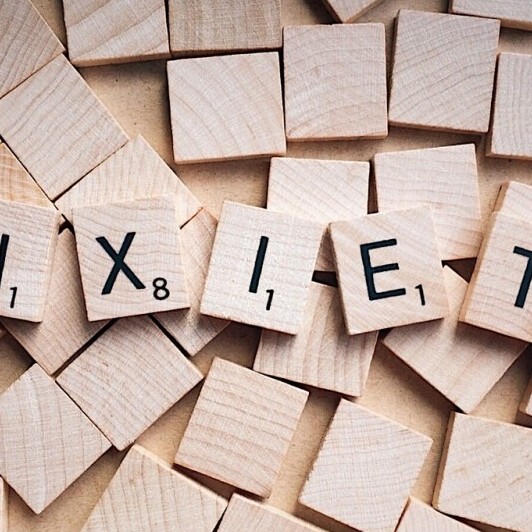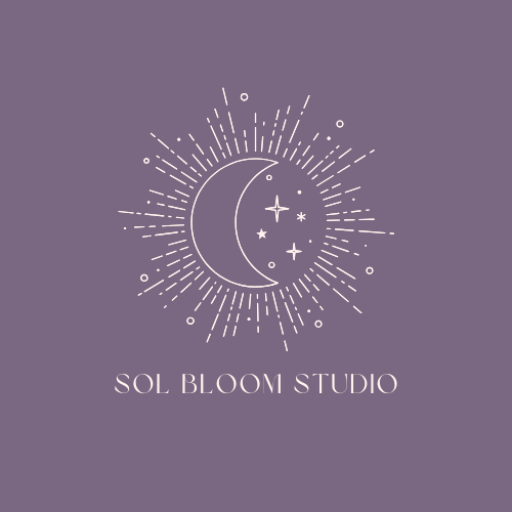
Anxiety isn’t just something we read about in medical journals. It’s that gnawing worry at three in the morning or the jitters before a big presentation. While many reach for prescription pills, more folks are exploring natural remedies. Why? Nobody wants to deal with the potential side effects that sometimes come with pharmaceuticals, right?
There’s this huge upswing in people looking to Mother Nature for answers. Natural remedies have been used for centuries, long before modern medicine came along to try and solve everything with a pill. It’s no surprise that there’s a resurgence in interest.
A big reason folks look to alternative options like herbal teas and mindfulness is the blend of effectiveness and fewer side effects. Plus, there’s a genuine satisfaction in knowing you’re taking part in your own mental health journey.
Science is catching up too. Research backing up natural approaches has been creeping into mainstream discussions. From essential oils to mindfulness practices, there’s solid evidence suggesting they can help lessen anxiety symptoms.
But how does it all work? What’s the science did already say? And how do you decide what’s right for you? That’s what we’re here to unravel and make sense of—anxiety’s natural foes, so you can find something that fits just right.
Herbal Solutions for Anxiety Relief
Lavender isn’t just a pretty flower to smell. This little wonder comes packed with calming effects that go beyond aesthetics. People often turn to lavender essential oils and teas for stress relief. Whether it’s a few drops in a diffuser or a soothing cup after a long day, lavender can ease tension and help with sleep.
Chamomile is another classic in the stress-busting arena. Known for its relaxing properties, this herb can be enjoyed in the form of tea or supplements. It’s perfect for winding down after a hectic day or helping to calm those pesky anxiety symptoms when they flaring up.
Valerian root might not sound familiar to everyone, but it’s worthwhile. Seen as a natural alternative to some sleep medications, valerian can help with relaxation without the hazy side effects. It’s worth exploring if you find traditional options too heavy-duty.
Then there’s Ashwagandha, which has recently captured attention in the wellness world. Research is showing it might have significant benefits in reducing stress hormones. Incorporating it into your routine could help balance stress in the long run. Remember to check with a healthcare provider to make sure these options fit in smoothly with your lifestyle.
Mindfulness Practices: A Holistic Approach
Meditation is often more than sitting quietly. It’s about creating space in your mind where anxiety doesn’t dominate the day. With just a few minutes of daily practice, you can train your brain to better manage stress and focus on the present rather than cyclical fears.
Yoga is another fantastic way to channel tension into something productive. Anxiety often knots us up, right? Certain positions, like the child’s pose or legs-up-the-wall, can physically release built-up stress and promote a sense of calm. Over time, yoga can strengthen not just the body, but the mind’s resilience against anxiety.
Breathing exercises are like a secret weapon you can whip out anytime. When anxiety hits, our breath tends to get shallow and rapid. Revamping breathing patterns can counteract fight-or-flight responses, bringing back calm in chaotic moments. It’s like an instant reset button.
Consistency is key in turning these practices into effective tools for managing anxiety. Long-term effects often speak for themselves, like a gradual but steady improvement in stress management and emotional control. It’s less about perfection and more about making mindfulness a habit.
Dietary Adjustments and Supplements
What we eat plays a bigger role in how we feel than we might think. For reducing anxiety, incorporating foods rich in Omega-3 fatty acids, like fish and flaxseeds, can make a difference. These nutrients are linked to brain health and mood regulation, offering a natural way to support mental well-being.
Magnesium is another dietary superhero when it comes to stress. It’s found in foods like dark leafy greens, nuts, and whole grains. Magnesium not only helps in muscle relaxation but can also ease feelings of anxiety. Simple changes in your diet could potentially make challenging days a bit smoother.
Then there’s the gut-brain connection, and it’s pretty fascinating. Introducing more probiotics through yogurt or supplements can support mental health. A happier gut often leads to a happier mood, making it important to include these friendly bacteria in your diet.
Natural supplements such as GABA and L-Theanine can also be helpful. They work by influencing neurotransmitters that play a crucial role in anxiety. Again, ensuring any new supplement won’t clash with other medications or your body’s specific needs is key, so touch base with a healthcare professional before diving in.
Amidst all these tips, hydration sometimes gets overlooked. Staying hydrated affects everything from concentration to mood stability, so drinking enough water is a free and easy way to support your mental well-being.
How to Choose and Use Natural Anxiety Remedies Safely
Before embarking on any new remedy regimen, consulting a healthcare professional is essential. They can help you understand how a new herb or supplement might interact with other medications you’re taking or your unique health profile.
With countless options on the market, identifying high-quality natural products can be daunting. Look for reputable brands with transparent ingredient lists and positive reviews. Third-party testing logos on labels might also indicate a commitment to quality and safety.
Avoid the temptation to self-diagnose or make changes hastily. It’s about making informed choices backed by credible research. The gradual integration of remedies allows you to monitor their effects more accurately, reducing the risk of adverse effects.
But how do you know if a particular remedy is working for you? Keeping a journal can help track your symptoms and any improvements. Noticing subtle changes over time can offer insights into what truly benefits your mental wellness journey.
While natural remedies can play a significant role in anxiety management, they’re just one piece of the puzzle. Balancing them with a supportive lifestyle, including regular exercise and healthy sleep patterns, enhances overall well-being.
